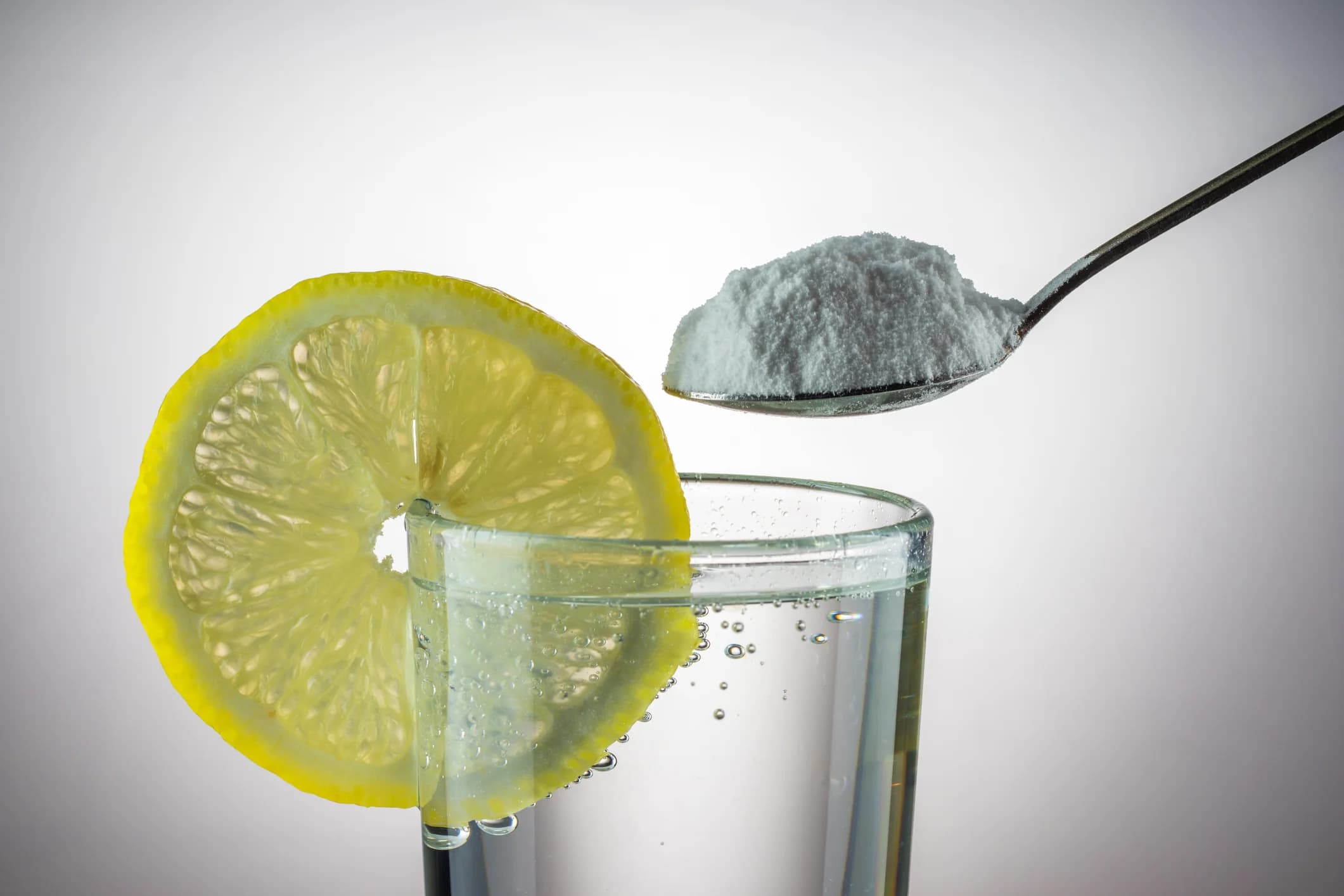The Future of Hydration Technology: Trends and Innovations

The Future of Hydration Technology: Trends and Innovations
The fundamental human need for water hasn't changed since the dawn of civilization, but how we access, consume, and interact with water is undergoing a profound transformation. At the intersection of IoT, AI, material science, and wellness technology, a new generation of hydration solutions is emerging that promises to revolutionize our relationship with the most essential substance on earth.
Current State of Hydration Technology
Before exploring future trends, it's worth examining the current state of advanced hydration technology:
- Smart Water Bottles: Devices tracking consumption with app integration
- Filtration Advancements: Multi-stage systems removing contaminants while preserving minerals
- Water Quality Sensors: Consumer-grade devices measuring basic parameters like TDS (Total Dissolved Solids)
- Connected Dispensers: WiFi-enabled stations with customization options
- Electrolyte Analysis: Basic sweat testing for athletes and fitness enthusiasts
While these innovations represent significant progress, they're merely the foundation for what's coming next.
Emerging Trends in Hydration Technology
1. Personalization Through Biometric Integration
The next generation of hydration technology will connect directly with individual biometric data:
- Real-time Hydration Status: Wearable patches using bioimpedance analysis to measure cellular hydration levels
- Metabolic Integration: Systems that adjust electrolyte formulations based on metabolic testing
- Chronobiological Alignment: Devices that modify water composition based on circadian rhythms and sleep cycles
- Genetic Hydration Profiling: Personalized recommendations based on genetic markers for water processing and utilization
2. Advanced Water Composition Technology
Beyond simple filtration, future systems will create truly customized water:
- Dynamic Mineral Profiles: Adjustable mineral content based on individual needs and deficiencies
- Functional Additives: Precision addition of beneficial compounds like antioxidants, adaptogens, or nootropics
- Molecular Restructuring: Technologies manipulating hydrogen bonding for improved cellular absorption
- Microbial Enhancement: Beneficial probiotic additions for gut and skin health
3. Predictive Hydration AI
Artificial intelligence will transform hydration from reactive to proactive:
- Anticipatory Needs Assessment: AI predicting hydration needs based on calendar events, weather, and historical patterns
- Behavioral Nudging: Personalized motivation techniques based on psychological profiles and behavior patterns
- Environmental Integration: Systems connecting with smart home data to adjust recommendations based on indoor humidity and temperature
- Performance Forecasting: Predictive models showing the performance impact of different hydration strategies
4. Sustainability Innovations
Environmental considerations are driving several important innovations:
- Atmospheric Water Generation: Advanced materials capturing moisture from air with greater efficiency
- Closed-Loop Systems: Ultra-efficient filtration allowing near-complete water recycling in buildings
- Energy Harvesting: Self-powered hydration systems using kinetic, solar, or thermal energy
- Biodegradable Components: Non-plastic, compostable materials for consumable parts
5. Interface and Experience Evolution
How we interact with hydration technology is changing dramatically:
- Voice-Integrated Hydration: Seamless control through voice assistants and ambient computing
- Augmented Reality Visualization: Visual representations of hydration status and water quality through AR glasses
- Haptic Feedback: Subtle physical reminders through wearables when hydration is needed
- Ambient Awareness: Environmental cues like subtle lighting changes indicating hydration needs
Applications Across Industries
These technological advances will transform multiple sectors:
Healthcare
- Clinical Hydration Monitoring: Remote patient monitoring for vulnerable populations
- Condition-Specific Formulations: Water customized for specific health conditions like kidney disease
- Medication Integration: Hydration systems that account for medication schedules and interactions
- Diagnostic Capabilities: Analysis of hydration biomarkers for early disease detection
Athletics and Fitness
- Real-time Performance Optimization: In-workout adjustments to hydration strategies
- Recovery Acceleration: Post-exercise formulations customized to individual recovery needs
- Environmental Adaptation: Systems that adjust recommendations based on training environment
- Team Synchronization: Coordinated hydration protocols for team sports with individual customization
Smart Cities and Public Infrastructure
- Intelligent Public Dispensers: Adaptive public hydration stations with personalization capabilities
- Community Health Integration: Population-level data informing public health initiatives
- Emergency Response Systems: Hydration infrastructure resilient to natural disasters and power outages
- Usage Pattern Optimization: AI-driven placement and formulation adjustments based on community needs
Hospitality and Travel
- Personalized Guest Experiences: Hotel rooms with hydration systems adapted to guest preferences
- Jet Lag Mitigation: Hydration protocols designed to reduce travel fatigue and time zone adjustment
- Destination-Specific Formulations: Water customized to help travelers adapt to local conditions
- Experience Enhancement: Hydration as part of immersive wellness tourism
Challenges and Considerations
Several obstacles must be addressed as these technologies develop:
- Privacy Concerns: Balancing personalization benefits with data security
- Accessibility: Ensuring advanced hydration technology doesn't create new health disparities
- Regulatory Frameworks: Developing appropriate standards for increasingly complex systems
- Scientific Validation: Ensuring claims about benefits are backed by rigorous research
- User Adoption: Creating intuitive experiences that encourage consistent use
The Vision: Hydration as a Platform
The ultimate evolution of hydration technology transcends individual devices to become an integrated platform:
- Ecosystem Integration: Hydration systems that communicate with healthcare, fitness, nutrition, and sleep platforms
- Contextual Awareness: Solutions that understand the full context of a user's day and environment
- Invisible Technology: Hydration support that works silently in the background without conscious management
- Community Connection: Individual systems that contribute to and benefit from population-level insights
Conclusion
The future of hydration technology represents far more than convenience or novelty—it offers the potential to fundamentally optimize how our bodies utilize the most essential nutrient. As these technologies mature over the next decade, we'll see a transformation from generic hydration guidelines to hyper-personalized, predictive, and effortless hydration optimization.
For both consumers and industries, staying informed about these emerging trends will be essential to leveraging the benefits of next-generation hydration technology. The companies and institutions that successfully harness these innovations will help shape a future where optimal hydration is effortless, personalized, and precisely aligned with individual needs.
At Aquivio, we're actively researching and developing many of these technologies to lead the transformation of how humans interact with water in the 21st century.